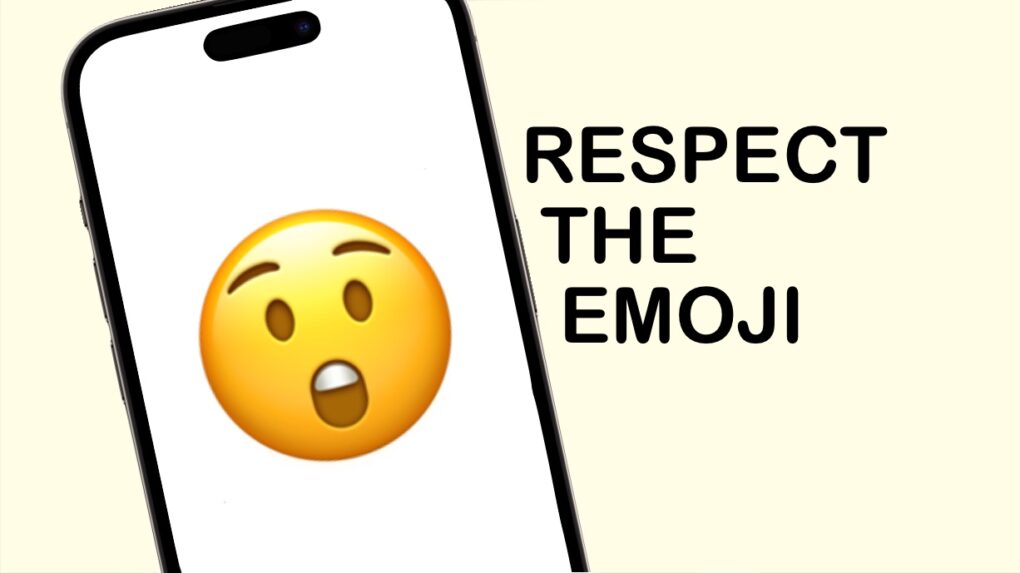On World Emoji Day, it’s time to give some respect to the little digital images used to express emotion. A new study shows that people who use emojis in their text messages come across as more responsive and likable.
So if you always just 🙄 at emojis, you should think seriously about using them instead.
Emojis enhance your relationships. Really.
Emojis are small digital icons or images used to express emotions, ideas or concepts in text communication. They originated in Japan but are now widely used around the world in messaging, social media and emails. Emojis can represent facial expressions 😊, emotions ❤️, objects 📱, activities ⚽ and much more.
They even get their own holiday — World Emoji Day is celebrated every July 17. Apple played a role in picking that date.
As common as they are, they don’t get much respect, especially from people who didn’t grow up using them. But if you’re one of the detractors, take a look at the recently released study “The impact of emojis on perceived responsiveness and relationship satisfaction in text messaging.” It should give you a new attitude about them.
The study suggests that “emojis can enhance relationship satisfaction by acting as nonverbal cues that complement or substitute face-to-face communication,” according to the authors.
“The results showed that messages containing emojis were perceived as more responsive than text-only messages,” writes the study authors. “Perceived responsiveness, in turn, significantly predicted higher ratings of closeness and relationship satisfaction.”
But don’t use them everywhere
While those who resist using emojis should lighten up, big fans of the little icons should also be aware of when to avoid them.
In formal settings, especially in business or academic communication, emojis are too casual and unprofessional. If you want to be taken seriously, don’t scatter emojis through emails sent to your boss, professor, coworkers and business contacts.


